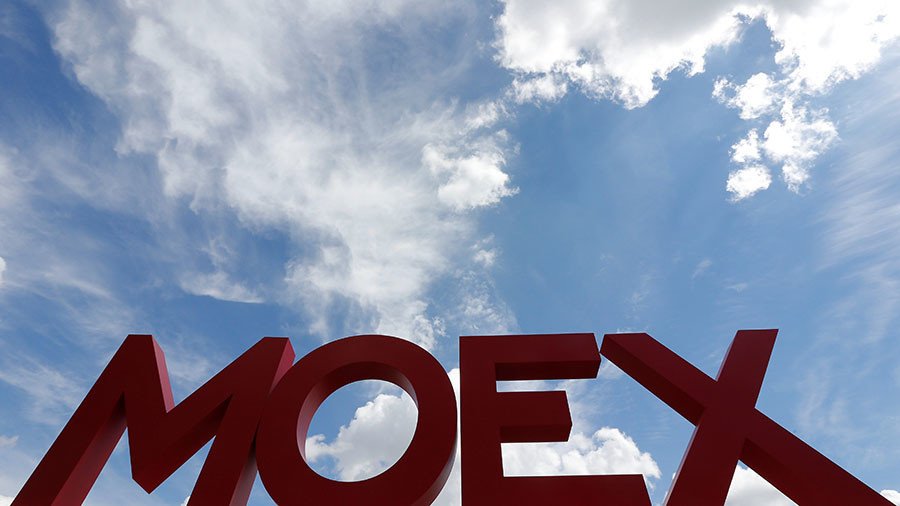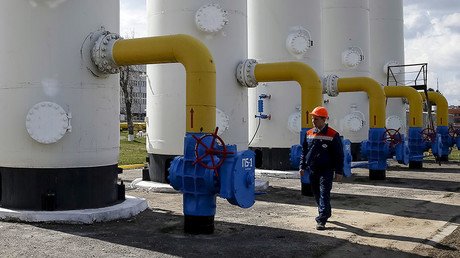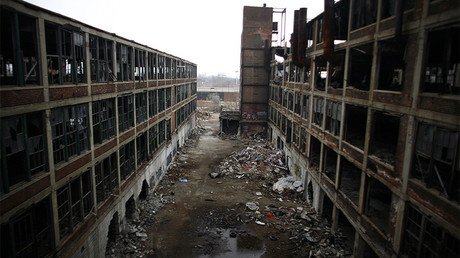Trump trolling Kremlin unexpectedly lifts Russian markets & ruble

While Donald Trump's tweets threatening missile strikes on Moscow's ally Syria spooked global markets, Russian stocks and the ruble have rebounded on Thursday from losses caused by US sanctions.
The Russian currency has significantly strengthened to 62 rubles against the dollar and 76.6 against the euro, compared to the levels of 65 and 80 seen on Wednesday.
The dollar-traded RTS stock index has risen 2.79 percent, while the ruble-denominated MOEX (formerly MICEX) index was trading flat.
Experts told RT that the sell-off triggered by US sanctions would be followed by a rebound, since Russia provides some of the most lucrative returns on its bonds. “Russia provides the highest yields among the emerging economies on its sovereign debt (the OFZs). There is no alternative to Russian bonds. The institutional investors know the high price of retaining the yield of their portfolios,” said Global FX investment analyst Vladimir Rozhankovsky.
Another reason that led to the recovery in Russian stocks is the oil price. Crude surged on Trump’s taunts that Moscow should “get ready” for missiles to rain down on Syria. Oil markets are sensitive to any instability in the Middle East.
Oil has risen to its highest level in the last three years, with Brent touching above $72 per barrel and WTI reaching the $67 mark.
“What is terrible for geopolitical relations is lifting energy prices, and hence Russia’s energy-heavy exchange-traded funds. For the market that is so closely tied to energy prices, that’s not a bad thing,” Ilya Feygin, senior strategist at WallachBeth Capital LLC told Bloomberg.
For more stories on economy & finance visit RT's business section















